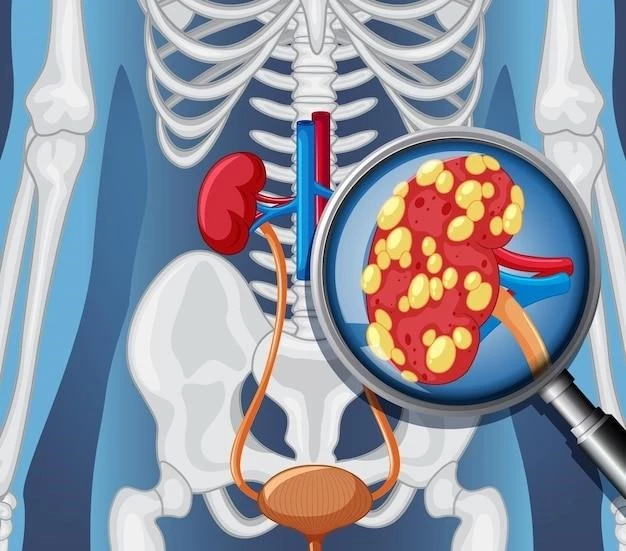Underlying genetic mutations and enzyme deficiencies contribute to the development of adrenal hyperplasia. Factors like genetics play a key role.
Causes of Adrenal Hyperplasia
Adrenal hyperplasia has various causes, mainly stemming from genetic mutations and enzyme deficiencies. These can lead to an overproduction of adrenal hormones, impacting the body’s functions.
Symptoms of Adrenal Hyperplasia
Common symptoms of adrenal hyperplasia include irregular menstrual periods, excessive hair growth, acne, high blood pressure, and muscle weakness. In severe cases, dehydration, electrolyte imbalances, and life-threatening adrenal crisis may occur. Proper diagnosis and management are essential to address these symptoms effectively.
Treatment Options for Adrenal Hyperplasia
Treatment for adrenal hyperplasia aims to regulate hormone levels and manage symptoms. This can involve hormone replacement therapy, medications to control excess hormone production, and in some cases, surgery. Monitoring by healthcare providers is crucial to adjust treatment as needed and improve the patient’s quality of life.

Managing Adrenal Hyperplasia in Children
For children with adrenal hyperplasia, treatment often involves close monitoring, medication adjustments, and ongoing medical supervision to address growth, development, and hormone imbalances. Ensuring a multidisciplinary approach with pediatric endocrinologists and other specialists is crucial for comprehensive care.
Adrenal Hyperplasia vs. Adrenal Insufficiency
While adrenal hyperplasia involves overproduction of hormones due to genetic mutations, adrenal insufficiency is characterized by insufficient hormone production. Both conditions require proper diagnosis and tailored treatment plans to manage hormone levels effectively.
Genetic Factors in Adrenal Hyperplasia
Adrenal hyperplasia is primarily caused by genetic mutations affecting enzymes involved in hormone production. Various gene abnormalities can lead to adrenal hyperplasia, highlighting the importance of genetic testing for accurate diagnosis and personalized treatment approaches.
Adrenal Hyperplasia Research Updates
Recent studies are focusing on new treatment modalities, understanding genetic variations, and developing targeted therapies to improve outcomes for individuals with adrenal hyperplasia. Research advancements aim to enhance diagnostic accuracy, optimize treatment strategies, and ultimately enhance the quality of life for affected individuals.
